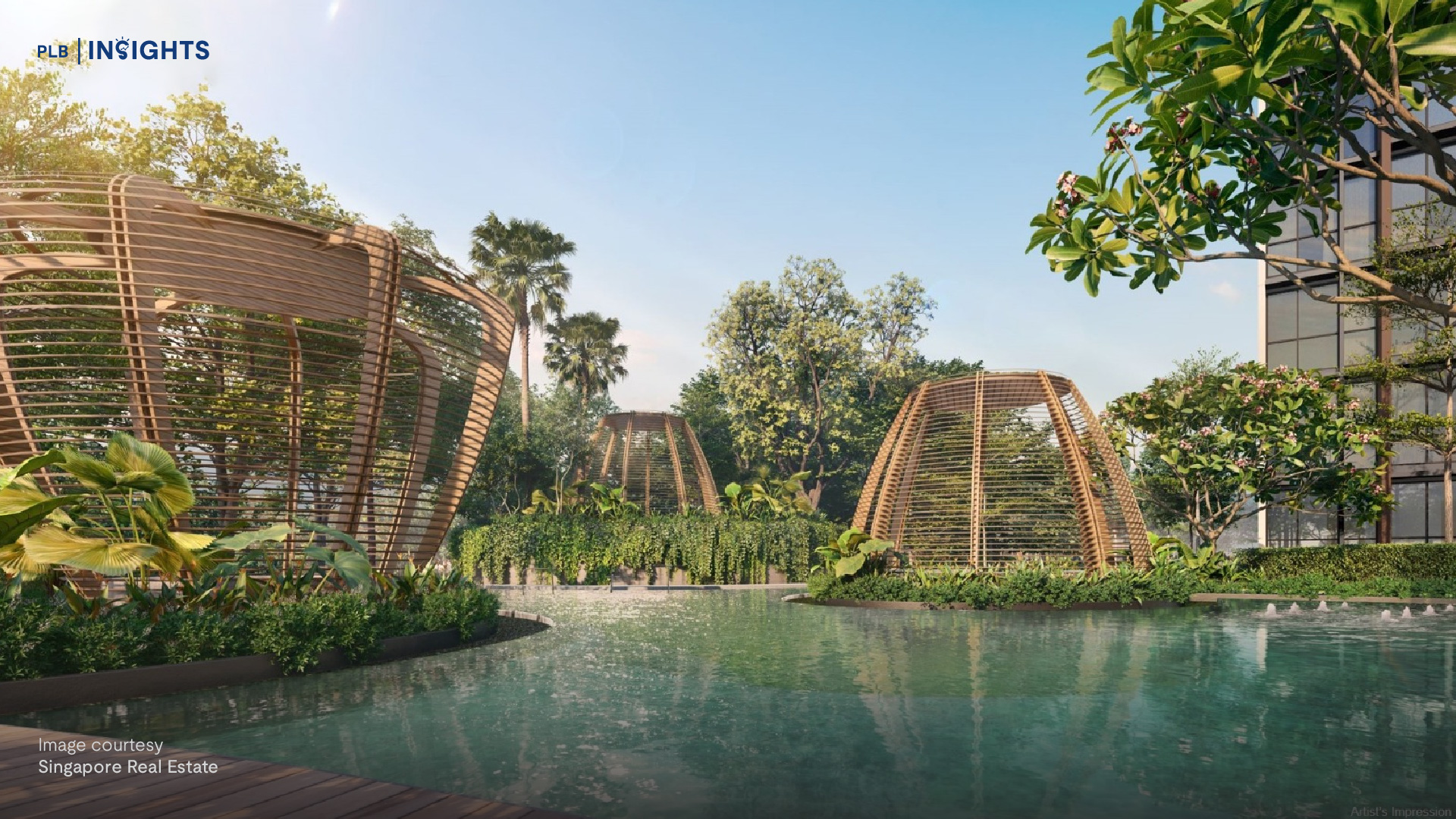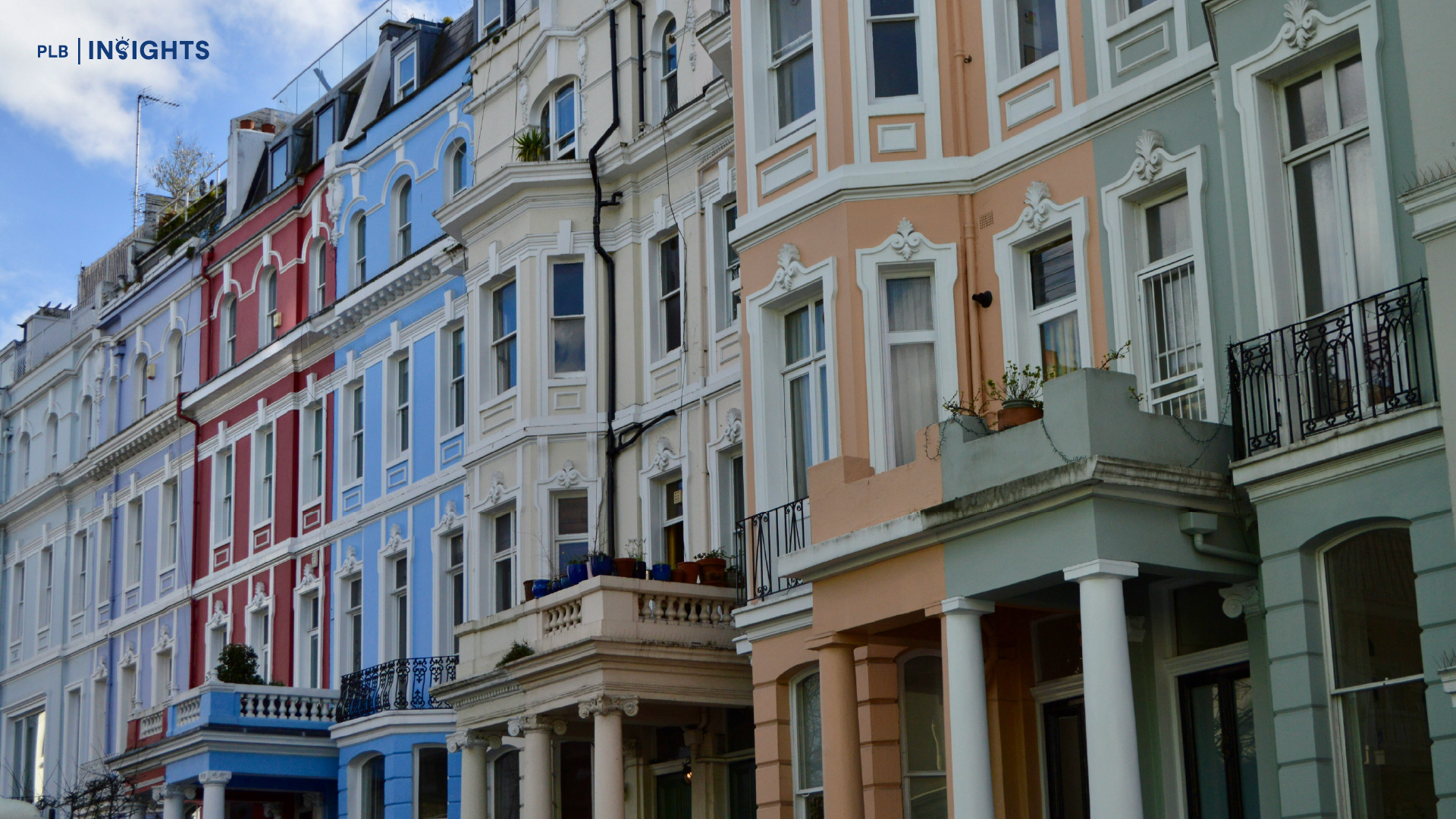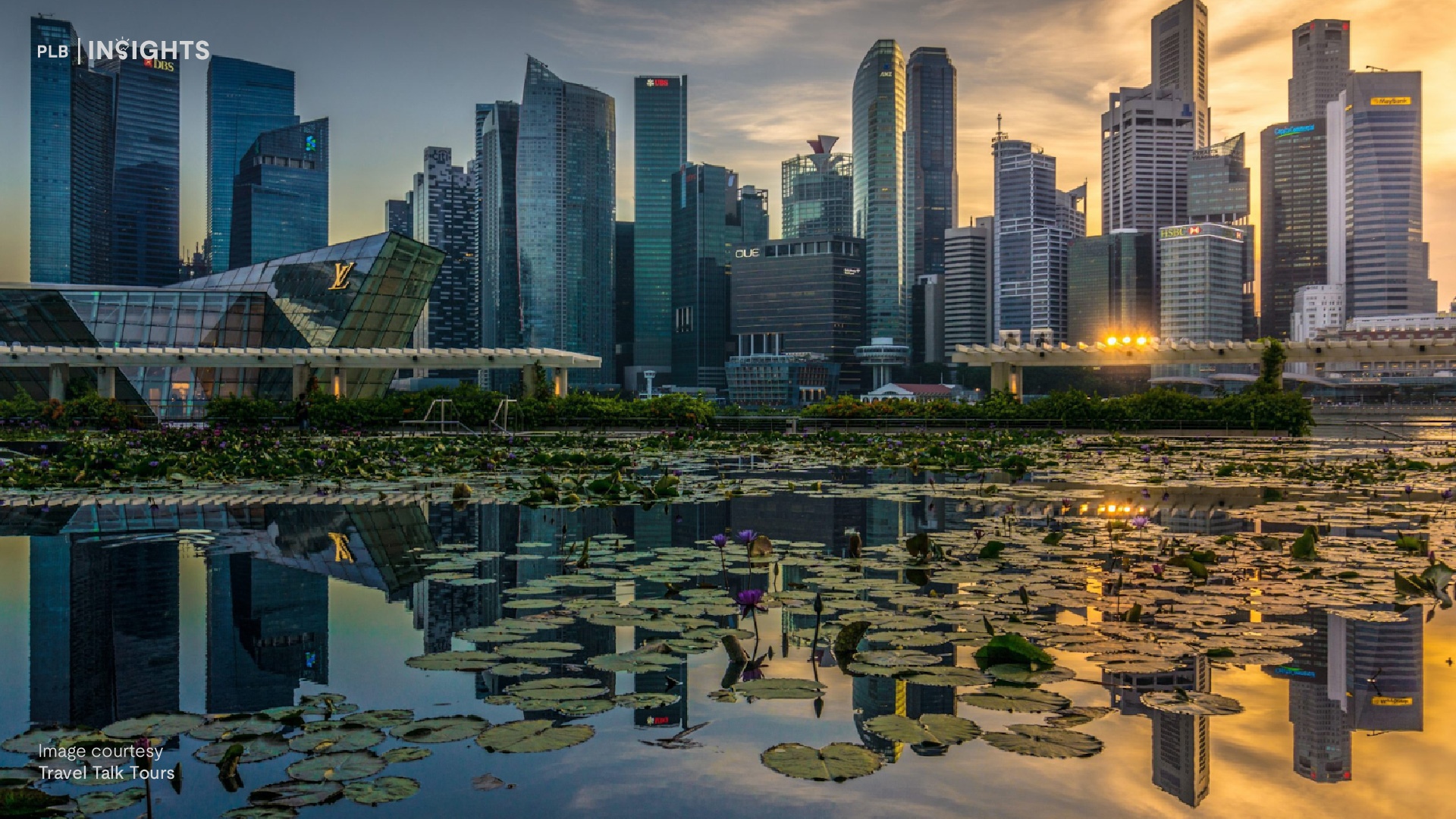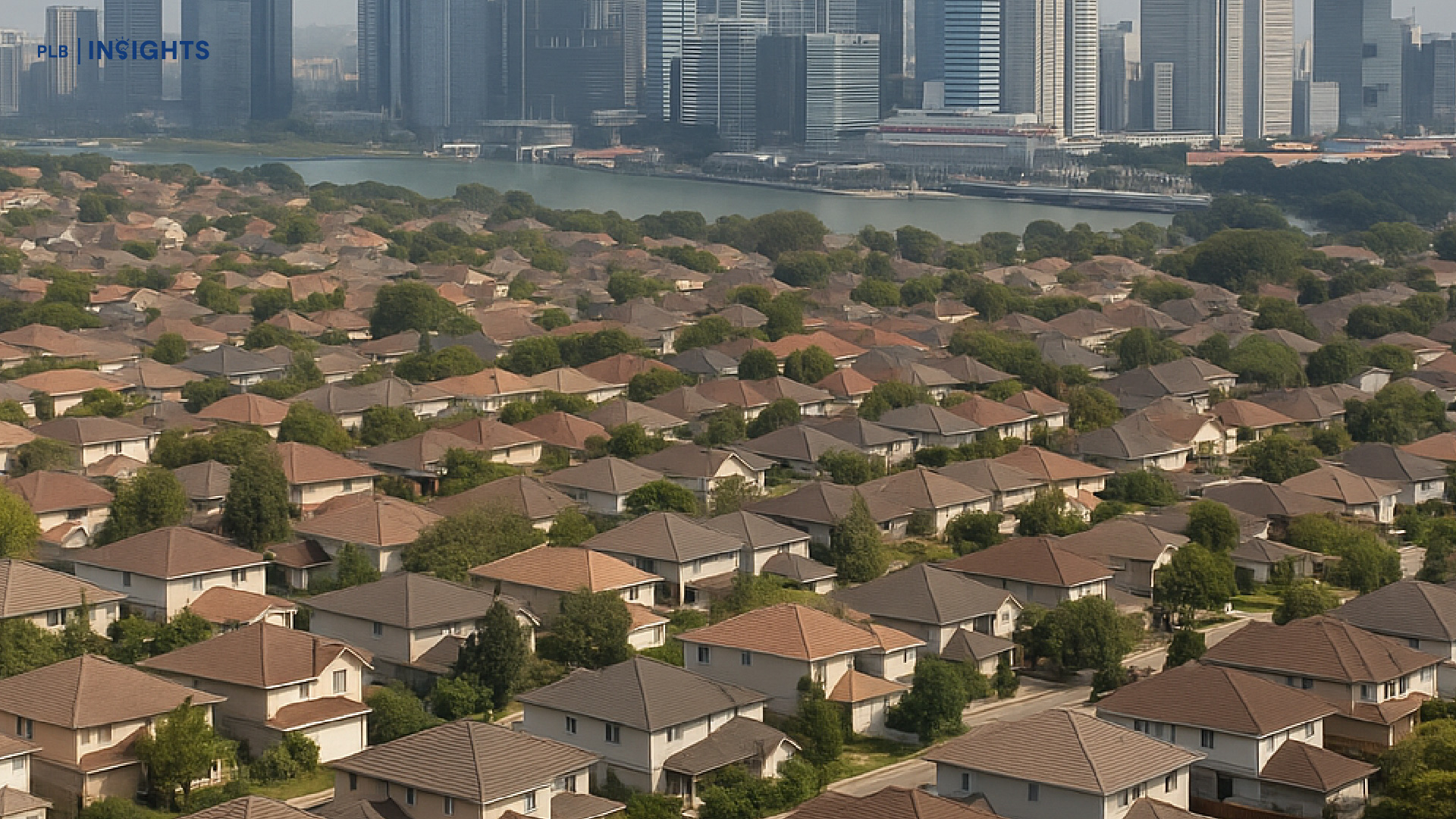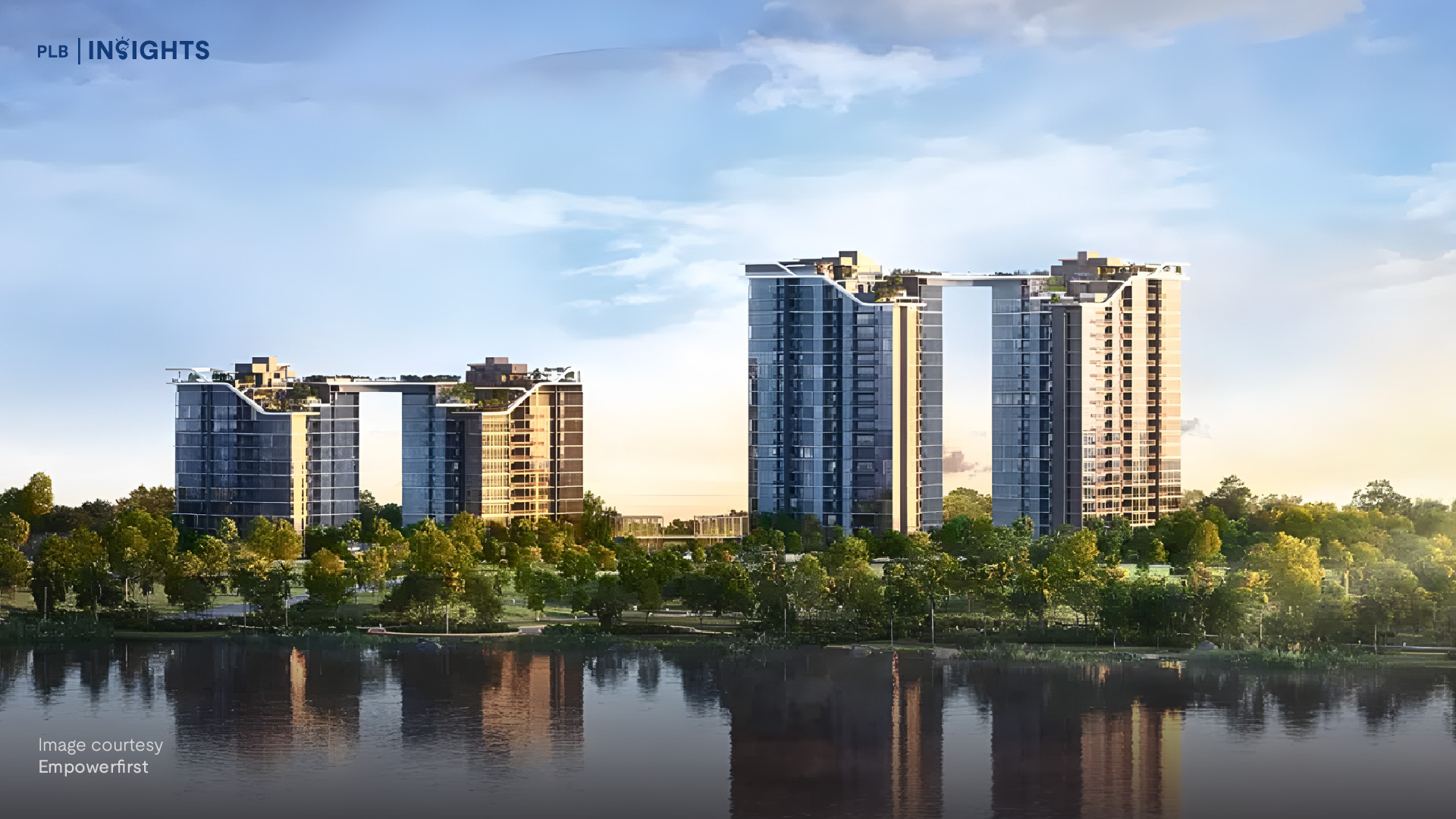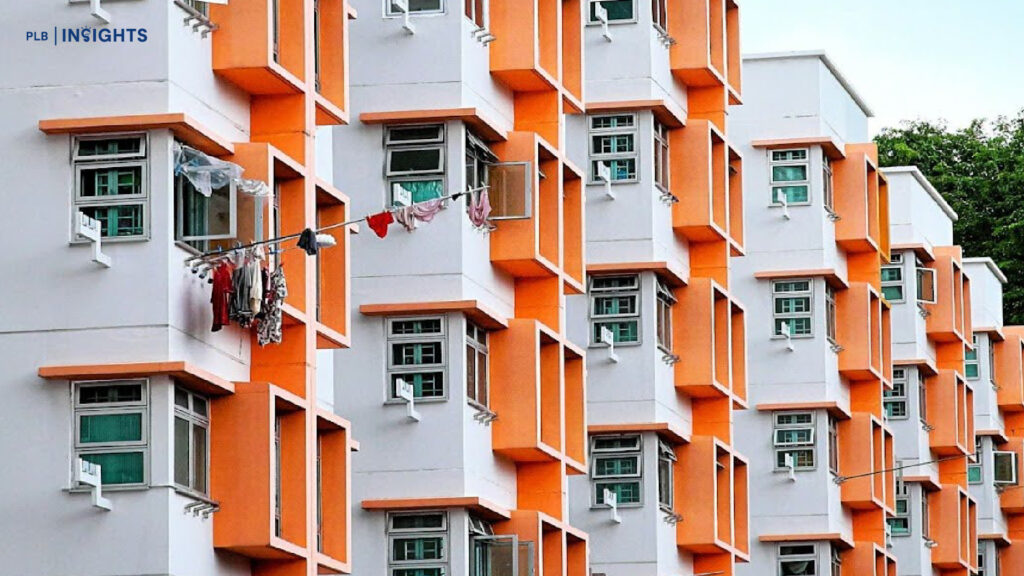
The Singapore property market trends 2025 are shaping up to be a fascinating landscape for investors, homeowners, and potential buyers alike. As we navigate through changing economic conditions and evolving demographics, understanding these trends is crucial for making informed decisions in the real estate sector.
Current Singapore Property Market Trends and Price Analysis
To grasp the future of Singapore’s property market, we must first examine the current state of affairs. Let’s break down the key factors influencing the market today:
HDB Resale Prices and Their Impact
HDB resale prices have been consistently climbing, with million-dollar HDB flats becoming more common. This upward trend has a direct impact on the private property market, as it affects the purchasing power and aspirations of potential upgraders.
Private Property Price Trends in OCR, RCR, and CCR
The price gap between different regions in Singapore is narrowing. Outside Central Region (OCR) prices have been moving up significantly, driven by new launches and strong demand from HDB upgraders. This has led to an interesting situation where Rest of Central Region (RCR) and Core Central Region (CCR) properties are starting to look more attractive in comparison.
For instance, a recent sale at Reflections at Keppel Bay, a prestigious development in the CCR, saw a three-bedroom unit go for $2.4 million, or around $1,500 per square foot. This price point is becoming increasingly competitive when compared to new launches in the OCR.
Median Age of Buyers Entering the Private Property Market
An interesting trend is the decreasing median age of buyers entering the private property market. More young buyers, aged 26 to 35, are making their first private property purchase. This shift can be attributed to several factors:
- Increased access to information and property education
- Rising incomes among young professionals
- Potential inheritance or family support
- Desire to enter the private property market earlier
Factors Influencing Singapore Property Market Trends 2025
Looking ahead to 2025, several key factors are likely to shape the property market:
Interest Rates and Their Potential Impact
Interest rates play a significant role in property affordability. While there were hopes for interest rate cuts in 2024, the global political climate has introduced uncertainty. Buyers should be prepared for various scenarios and stress-test their finances accordingly.
TDSR (Total Debt Servicing Ratio) and Loan Limits
The TDSR framework, which limits the portion of a borrower’s gross monthly income that can go towards repaying all monthly debt obligations, has been tightened in recent years. This affects borrowing capacity and, consequently, property affordability. Buyers need to be aware of these limits and plan their finances carefully.
Potential Cooling Measures and Their Effects
The Singapore government has historically used cooling measures to maintain a stable and sustainable property market. While some buyers might be tempted to wait for potential measures to lower prices, it’s important to note that the market has shown resilience to past cooling measures. Well-qualified buyers often proceed with their purchases shortly after new measures are implemented.
Supply and Demand Dynamics in Different Regions
The supply of new homes, particularly in the OCR, has been driving price movements. Government Land Sales (GLS) and en bloc sales contribute to this supply. Meanwhile, demand remains strong, especially from HDB upgraders and young professionals entering the private market.

New Launch Condos in Singapore: Hotspots and Pricing Strategies
New launch condos continue to be a significant driver of the Singapore property market. Here’s what potential buyers should know:
Overview of Upcoming Launches in OCR, RCR, and CCR
2025 is set to see several exciting new launches across Singapore. Some notable projects include:
Outside Central Region (OCR)
Lentor Area Developments
The Lentor Hills estate continues to see robust development activity. Notably, Lentor Central Residences, a 477-unit condominium jointly developed by GuocoLand, Hong Leong Holdings, and CSC Land Group, is set to launch in the first quarter of 2025. The development will comprise two high-rise blocks of 27 and 28 storeys, offering a mix of one- to four-bedroom units. Prices are expected to start at $975,000, with an average of $2,110 per square foot.
Core Central Region (CCR)
Marina Gardens Lane Development
A significant project in the CCR is the upcoming 937-unit development at Marina Gardens Lane, known as One Marina Gardens. Developed by a Kingsford-led consortium, the project is slated to preview in March 2025 with sales expected to launch in April. Located in District 1, it offers direct access to the upcoming Marina South MRT station and features an underground link to Gardens by the Bay MRT, positioning it as a prime luxury waterfront residence near key landmarks like Marina Bay Sands and the Marina Bay Financial Centre.
Rest of Central Region (RCR)
Margaret Drive Residences (Queenstown, District 3)
Located in the rejuvenated Queenstown area, Margaret Drive Residences by GuocoLand is poised to offer modern living spaces with a range of amenities. The development’s proximity to the city and established infrastructure make it an attractive option for urban dwellers.
Pricing Trends for New Launch Projects
New launch prices have been setting benchmarks in their respective areas. For example, projects in the OCR have been launching at around $1,900 psf, while those in the RCR and CCR can command even higher prices. Buyers should be prepared for these price points and consider their long-term investment potential.
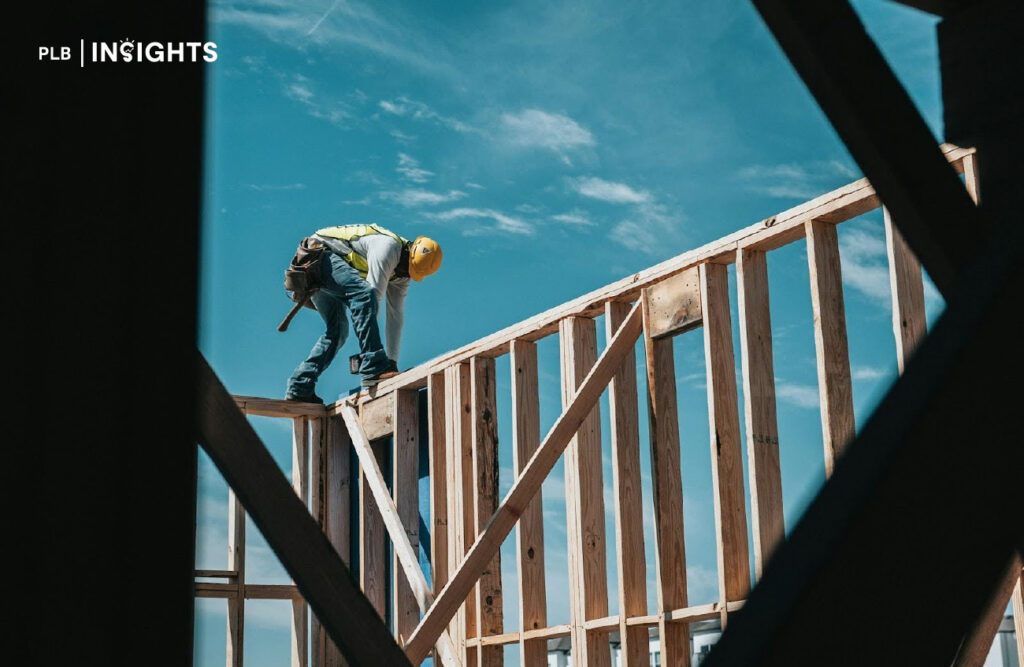
Balloting Process and Strategies for Securing Units
The process of securing a unit in a new launch can be competitive and stressful. Here are some tips:
1. Be prepared with all necessary documents
Before booking day, ensure you have all the required documents ready. This includes your NRICs, proof of income, CPF statements, and—if you’re planning to take an HDB loan—your HDB Flat Eligibility (HFE) letter. Without the HFE letter, you won’t be allowed to proceed with the booking. Having everything in order helps you move through the process smoothly and confidently.
2. Have a clear budget—and stick to it
It’s important to know exactly how much you can afford. Factor in your downpayment, monthly mortgage repayments, and future renovation or furnishing costs. Set a firm budget before launch day and be disciplined about sticking to it. This ensures you make a financially sound decision without overextending yourself.
3. Shortlist multiple unit options
Always have a few unit choices in mind. While you may have a favourite, it’s smart to prepare alternative options based on layout, facing, level, or price. This allows you to make a quick yet informed decision if your preferred unit is no longer available.
4. Stay disciplined during the excitement of launch day
Launch days can be hectic and overwhelming. There may be time pressure and a buzz in the air, but don’t let that sway you. Stick to your criteria, review your shortlist, and make a decision that aligns with your goals and budget. It’s okay to walk away if nothing meets your expectations.

Property Investment Strategies for Different Buyer Profiles
Different property buyers in Singapore have varied goals, risk appetites, and financial situations. Whether you’re a first-time buyer, upgrading from an HDB flat, or entering the market as an investor, it’s important to tailor your strategy to your specific profile.
First-time Home Buyers: HDB vs Private Property Considerations
For first-time buyers, one of the most important decisions is choosing between an HDB flat and a private condominium. Key considerations include:
Budget and Financial Readiness
Assess your total affordability, not just in terms of purchase price but also the down payment, monthly mortgage, and ongoing costs like maintenance fees. HDBs offer government grants that can significantly lower entry costs.
Long-term Plans (Family Size, Career Prospects)
If you’re planning to expand your family or foresee a career shift that might affect your location or income, choose a property that can accommodate these changes. Proximity to schools or future MRT stations might matter more in the long run.
Desire for Potential Capital Appreciation
Some buyers may lean towards private condos in growth regions (like Lentor or Bayshore) for stronger capital upside. However, well-located HDBs can also see appreciation, especially near upcoming transport or commercial developments.
Lifestyle Preferences
Think about what kind of living environment suits you. Condos offer more amenities such as pools, gyms, and security, while HDBs provide a stronger sense of community and lower monthly costs.
HDB Upgraders: Timing and Financial Planning
Upgrading from an HDB to a private property is a major financial step. Proper timing and planning are key to a smooth transition.
The Minimum Occupation Period (MOP)
Ensure you’ve completed the MOP before planning a sale. If you’re nearing it, start researching early so you’re ready when the time comes.
Potential Gains from Selling Your HDB Flat
Consider current market conditions and the value of your existing HDB flat. A healthy resale profit can help fund your upgrade without overextending your finances.
The Price Gap Between Your Current Home and Desired Private Property
Assess whether the jump in price is justifiable and sustainable. The gap can be significant, so weigh whether the lifestyle benefits or long-term value make the move worthwhile.
Financing Options, Including Use of CPF Funds
Recalculate your CPF usage, outstanding home loans, and how much cash you need to top up. Avoid over-leveraging yourself, and consider engaging a mortgage advisor for better loan structuring.
Investors: Assessing Potential Returns and Risks
For those approaching property as an investment asset, a data-driven approach is essential.
Research Rental Yields in Different Areas
Identify locations with strong rental demand—typically near MRT lines, business hubs, or schools. Balance high yields with long-term growth potential.
Consider the Potential for Capital Appreciation
Look at upcoming infrastructure such as future MRT lines and commercial developments, or areas affected by URA Master Plan zoning changes. Locations like Marina South and Jurong Lake District may offer long-term upside.
Be Aware of Additional Buyer’s Stamp Duty (ABSD)
Singapore imposes a significant ABSD on second and subsequent properties. Calculate your total tax liability to ensure returns still justify the investment.
Factor in Maintenance Costs and Potential Vacancy Periods
Always buffer for ongoing costs like maintenance fees, repairs, and property tax, as well as periods where your unit might be vacant. This is especially important in a soft rental market.

Navigating the Property Market: Tips and Considerations
Regardless of your buyer profile, here are some universal tips for navigating the Singapore property market:
Importance of Clear Objectives and Financial Planning
Before making any property purchase, be clear about your objectives. Are you buying for own stay or investment? What’s your long-term plan? Align your property decision with your life goals and financial capabilities.
Stress-Testing Your Property Purchase
Consider scenarios such as:
- Interest rate increases
- Potential loss of income
- Unexpected major expenses
Ensure you have sufficient buffer in your finances to weather these potential challenges.
Working with Property Agents and Conducting Due Diligence
A good property agent can provide valuable insights and guide you through the buying process. However, always conduct your own research and due diligence. Visit the property, check surrounding amenities, and review historical transactions in the area.
Balancing Emotional and Financial Factors in Property Decisions
While it’s natural to have emotional attachments to certain properties, try to maintain objectivity in your decision-making. Consider both the emotional satisfaction and financial implications of your property purchase.
As we look towards 2025, the Singapore property market continues to offer opportunities for various buyer profiles. By staying informed about market trends, being clear about your objectives, and making well-calculated decisions, you can navigate this dynamic landscape successfully.
Singapore Property Market Outlook 2025
As we look ahead to 2025, Singapore’s property landscape remains dynamic, shaped by shifting demographics, evolving buyer profiles, and broader economic forces. Whether you’re a first-time buyer, an HDB upgrader, or a seasoned investor, the key to navigating this complex market lies in preparation, research, and a clear understanding of your financial goals.
With new launches across all regions, a maturing market for young professionals, and continued government policies to ensure sustainable growth, opportunities remain abundant—but so do the challenges. From managing balloting day pressures to crafting long-term investment strategies, buyers in 2025 must stay informed and agile.
Ultimately, success in Singapore’s property market will hinge not just on timing the market, but on aligning your choices with your personal circumstances, financial resilience, and future aspirations. Whether you’re buying your first home or your next investment, make every move with purpose—and with a plan.
Whether you’re exploring your first home, planning a strategic move, or simply staying informed about Singapore’s evolving housing landscape, reach out to us for personalised advice and insights tailored to your needs.


